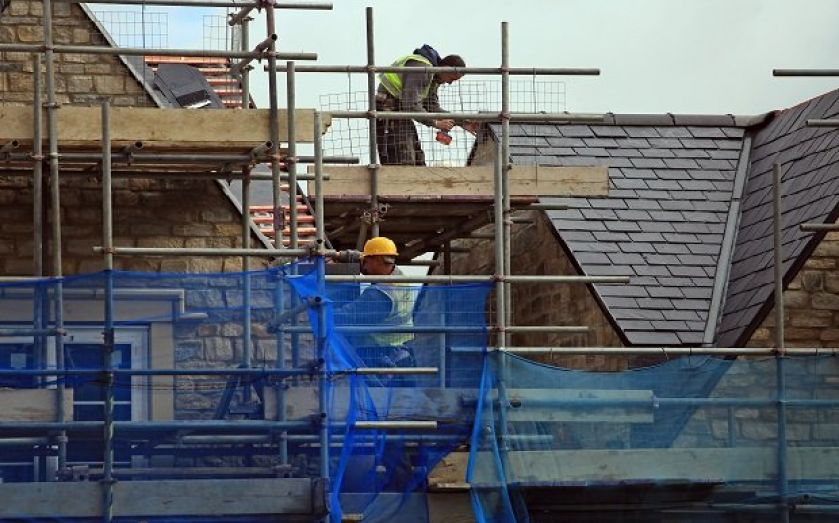Here’s why some economists are slamming Danny Alexander’s plan to build new homes on public sector land

We may be in the midst of strong growth and plummeting unemployment, but when it comes to the economy, most people tend to fixate on one thing: housing.
While house prices in London and the South East are not rising at the eye-watering levels they were 10 months ago, the cost of housing is driving many people to despair and to give up on the dream of owning a home or even living in London at all.
Politicians aren't entirely immune from the concerns of their electorate, so just one day before the George Osborne's Autumn Statement, chief secretary to the Treasury Danny Alexander has suggested the government could build and sell houses on public sector land.
The houses would be sold back to the private sector at a profit. Alexander gave detail to the proposal, originally announced at the Lib Dem conference back in September, at the launch of the National Infrastructure Plan.
Alexander argued commissioning houses through the Homes and Communities Agency would be more effective for home provision than selling public sector land to private firms.
"The message to the housebuilding sector would be simple: if you don’t build them, we will," he declared.
However, the government's latest bright idea for a fresh intervention into the housing market came in for sharp criticism.
Deputy director of the Adam Smith Institute, Sam Bowman, said:
The housing shortage does not exist because the private sector doesn’t want to build new homes – prices are rising rapidly, which signals demand is outstripping supply and there is profit to be made. The problem is that developable land is so scarce because the planning system makes it so.
Bowman argued that selling off public sector land would be a good idea, but if the private sector shows no interest in the land being sold, it's a pretty clear indication it's not somewhere people are particularly keen to live.
If the government then decides to build houses on the unsold land anyway, it would mean funneling taxpayers' money into houses nobody wants to buy. The key to alleviating Britain's housing shortage, says Bowman, is to liberalise the planning system and allow development in places where people actually want to live. In turn, that means "rolling back the green belt".
Bowman was joined in his criticism of the scheme by Mark Littlewood, director general of the Institute of Economic Affairs (IEA), who said:
The idea that we need the government to build housing because house prices are high is as absurd as proposing that the increased price of food requires government to buy up land to run farms.
Littlewood said the government was correctly identifying the disastrous impact of Britain's "draconian" planning laws, but was getting the solution completely wrong.
"Rather than reforming swathes of red tape, they are simply exempting themselves from existing regulations at the expense of the private sector," said Littlewood. He added that it was people not governments who needed to decide where homes should be built.
According to IEA research, a liberalisation of planning rules surrounding the green belt and decentralisation of the tax system to incentivise development could cause house prices to drop by as much as 40 per cent. A reformed planning system could save the typical family £250 per month.
A pilot of Alexander's proposal is taking place in Northstowe, Cambridgeshire. The Lib Dem frontbencher believes the scheme, if rolled out nationally, could produce 250,000 homes a year.